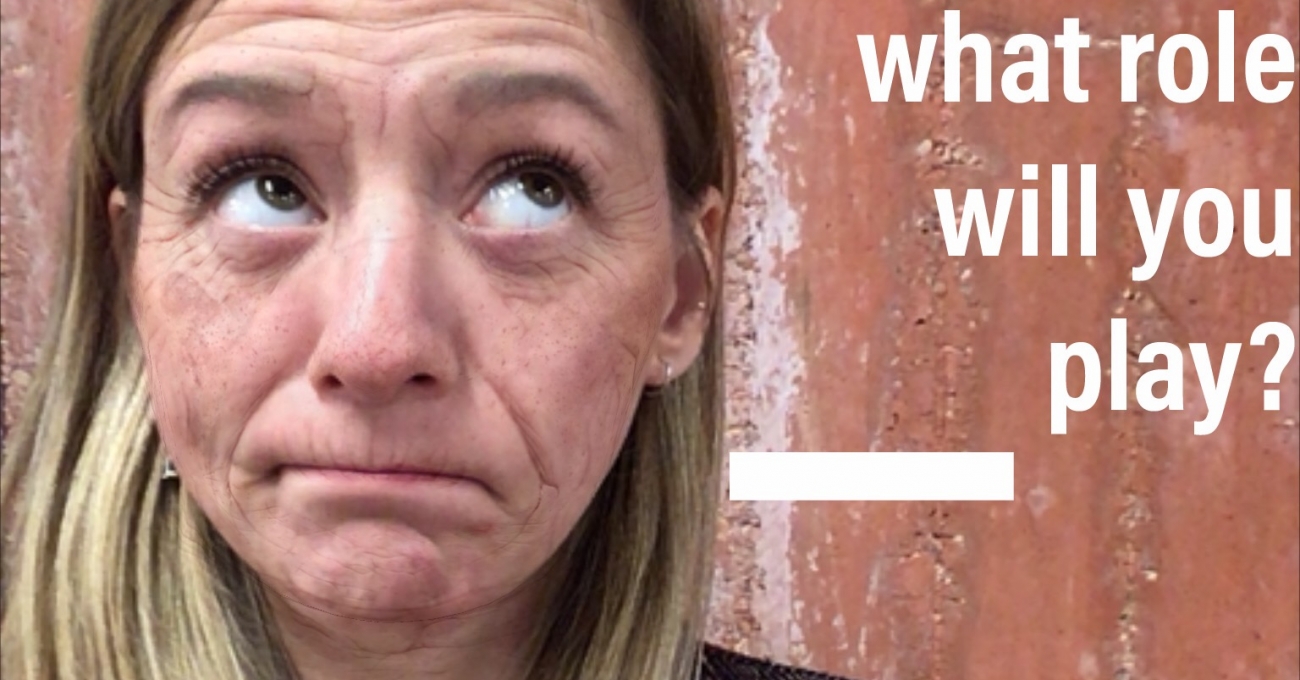
Due to increasing welfare and a continuously rising life expectancy our population is ageing. This demographic change brings about great socio-economic challenges on different policy levels. In the Netherlands, population ageing is an issue in particular in those (often peripheral) regions where the population is not only ageing but also shrinking. Parkstad – a network of municipalities in the South Limburg region – is among the fastest shrinking areas of the Province of Limburg. While there are European policies to address health and care challenges to promote ‘active ageing’, in the context of Parkstad/South Limburg there seem to be a number of social challenges that require a different approach to how we envision future societies. These challenges include and are related to an increasing number of single-person households, a more individualist but also a more culturally diverse society (due to migration), questions of (regional) identity, and an increasing feeling (or fear) of loneliness.
At Cube design museum we want to improve the quality of life of people living and growing up in the context of an ageing society. This is not the same as designing for older adults. We are all ageing, which means that society as a whole is changing. But what does it really mean?
In addition to some secondary research about demographic changes and regional and national policies related to ageing and loneliness, we started analysing the context by asking museum visitors about their perspectives on ageing. In small, informal workshops and discussions, we explored the issue of ageing in terms of dreams and challenges, as well as ideas and possible solutions.
This first exploration led to a variety of possible future challenges and solutions. Yet the most prominent issues mentioned by all generations were either related to the issue of loneliness and social (dis)connection or to the issue of healthcare.
We used some well-known design thinking methods like making personas and empathise with the (future) user to stimulate and facilitate discussion about the challenge. This resulted in interesting conversations and especially helped to let younger and older generations interact with each other – leading to sometimes surprising insights like “maybe in the future when there are more older adults than children, it will be the children who feel lonely…”.
– written by Anja Köppchen –